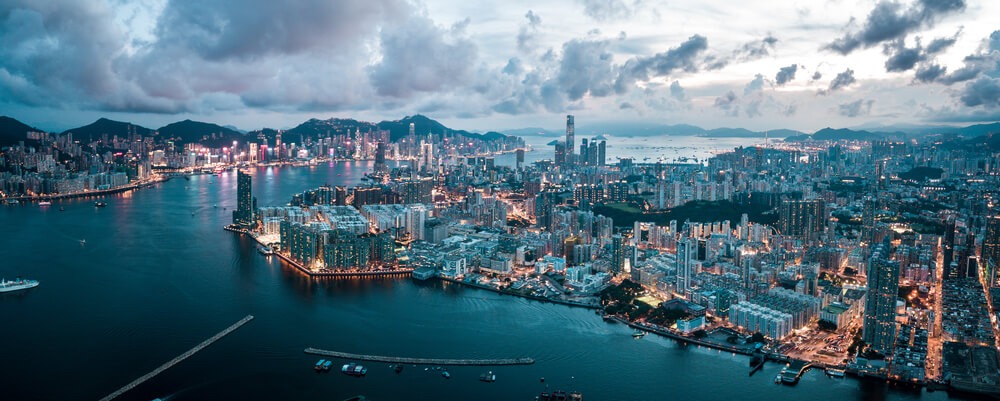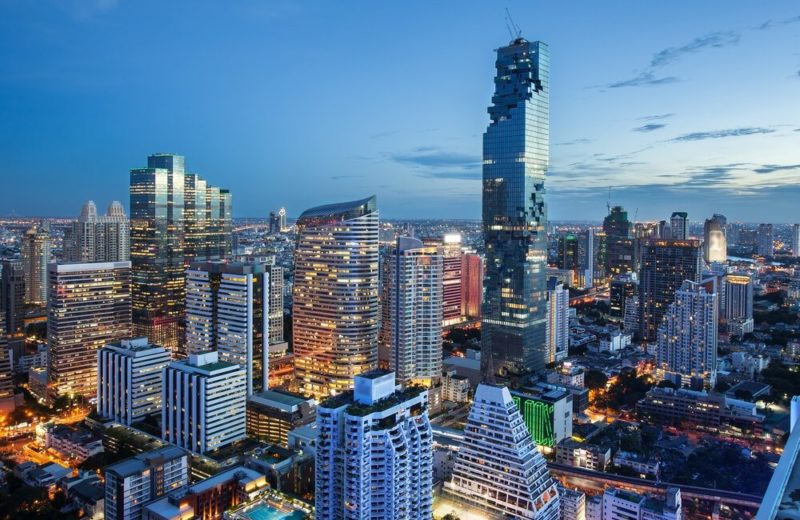The pandemic forced Hong Kong to take on its economic future. Moreover, technology entrepreneurs may see a capital flow, as returns on real estate investment decline.
Positive perceptions of the city’s handling of the crisis can also attract global tech firms.
For Hong Kong’s economy, it is the middle of a long night. Thus, the government’s US$18 billion (HK$137.5 billion) relief package will provide life support essentials to businesses. The essentials will be for companies that COVID-19 hit, and to protect jobs.
Nonetheless, the next task is to accelerate the shift towards a different economic model. The higher up the value chain the model is, the more resilient and more diverse to shocks like the coronavirus.
There is a high probability that some of the consequences of COVID-19 will help to make that happen. Nevertheless, lasting change will depend on action by business leaders, investors, and policymakers.
The traditional strengths of Hong Kong’s economy in retail, finance, and hospitality remain critically important. Hong Kong’s position as a leading international tourism, finance, and trade hub is the main advantage. Nevertheless, their economic model needs to evolve if it can grow and ensure sustainable prosperity for the community over the long term.
Moreover, the government’s relief measures address the acute and immediate problems caused by the virus. Nevertheless, they will not help to resolve structural long-term economic issues. Among other changes, that would involve encouraging re-industrialization and develop a local technology industry. It will happen with the help of advanced manufacturing.
The government recognized that, and its policy focus on that area reiterated in the February budget.
The situation in Hong Kong
So, there is a positive impact of consistent policy support for technology and innovation. Nevertheless, Hong Kong continues to underperform in this area.

Moreover, infrastructure, Tax breaks, and funding help the situation a lot.
Nevertheless, the potential game-changer for technology and innovation is much more fundamental. It relates to the property market. For example, in the United States, wealthy investors channel capital into domestic venture capital funds. This is because they discover privately-owned start-ups that are worth at least US$1 billion. Thus, these can generate higher returns.
All those methods are very rational. It balances equally for wealth, which will be in local property because it is generating outsize returns.
Nevertheless, analysts predict that residential property prices would fall by 10 to 20 percent this year. This is because of the economy-chilling effect of COVID-19. Moreover, unemployment reached a nine-year high. Also, residential and commercial property rents are declining.
Hong Kong investors may commit more capital to early-stage technology companies if the pandemic depresses returns on property. COVID-19 has demonstrated the value of online platforms has led many to expect permanent shifts in favor of digital business models.
We can hope that local technology entrepreneurs benefit from the decline in Hong Kong property prices. It is a given that investors have a natural comfort with their home market. In case the small herd of unicorns of Hong Kong increases in the next couple of years, which will owe thanks to coronavirus.















